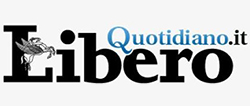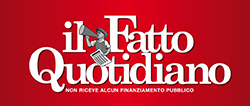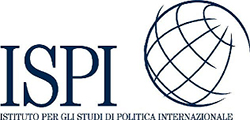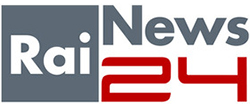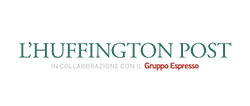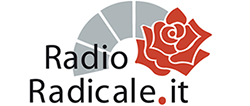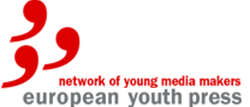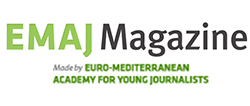The Holy Land prepares for Ramadan

Just after the sun set and three stars appeared in the sky above the Holy Land, Ramadan began and many Muslims families started praying and reading the Koran in a festive atmosphere.
Ramadan is the ninth month of the Islamic calendar. It is the holiest month for Muslims as it`s when the first verse of the Koran was revealed to the Islamic Prophet Muhammad. During Ramadan, Muslims ask for forgiveness for past sins, pray for help in refraining from everyday evils and try to purify themselves by refraining from eating, drinking and practicing sexual activities from dawn until sunset.
Some cities in Israel like Giaffa, Haifa and Nazareth, where the population is predominantly Arabic, are waiting for the appearance of the crescent moon tonight. “Before Ramadan, people spend more money and buy presents for the young members of the families”, says Rashid, a 35-year-old Muslim merchant from Giaffa.
In the Negev desert in the south of the city Be’er Sheva, the Palestinian Bedouins community, probably the most discriminated minority in the country is not planning any festivity. “In general the Bedouins in Israel are very poor but also very religious. I am sure they will spend the festivity with their family only."
Tonight the city of Ramallah will host a jazz concert, “but it does not have anything to do with Ramadan - assured Majd, a 23-year-old Palestinian girl living in Ramallah. "In Palestine we're not religious like people are in Egypt, where a lots of religious events are organized during Ramadan. The only typical thing we do in the West Bank is called ‘Ramadan tent’: people listen to a singer singing, enjoying each others company, eating Ramadan sweets and smoking shisha," continued Majd.
“For the whole month of Ramadan, in Jenin and Hebron shops will not open until 4pm, but in Ramallah everything stays open. In Palestine - said Majd - eating or smoking during Ramadan is not banned by law like Jordan or in other Arab countries, but many people don’t do it out of respect."
“In Jerusalem it is possible to feel Ramadan in the air, especially on Friday, the holy week day for Muslims," Majd said. Since this morning kids are running and playing all over the Holy City. The Muslim Quarter of the Old City is crowded for the last few days and merchants are hoping to sell as much as they can.
The Holy City is ready for the holiest Islamic month. Walls are painted with colourful graffiti and streets decorated with lights shaped like the moon and the stars. “Ramadan is like Christmas for Christians and Passover for Jews, the importance and the joy of the people are the same”, said Nestor, a Christian priest living close to the Damascus Gate in Jerusalem.
“For the Muslim Palestinians, Ramadan is also important because it is the only opportunity they have to visit Al-Aqsa Mosque without permission," said Majd. For this reason Israeli authorities are expecting tense situations at the checkpoints, overall in Qalandia, the closest checkpoint to Jerusalem.
Expected to be thronged with people, the checkpoint in Qalandia has been already reinforced with more soldiers, and only Palestinian men over 50 and women over 45 will be allowed to enter to Jerusalem from the West Bank. In general this measure is taken to avoid young Palestinians entering into Israel to work illegally, but during Ramadan it is taken also to prevent possible riots in the Old City.
For now, while tourists enjoy the festive atmosphere of Jerusalem, Muslims all around the Holy Land are praying, travelling, shopping and preparing the Iftar, the “breakfast of tonight”, that will be consumed when the first child sees the moon appear when the sun sets.
Article published by Digital Journal and LaSpecula Magazine on August 11th 2010.






